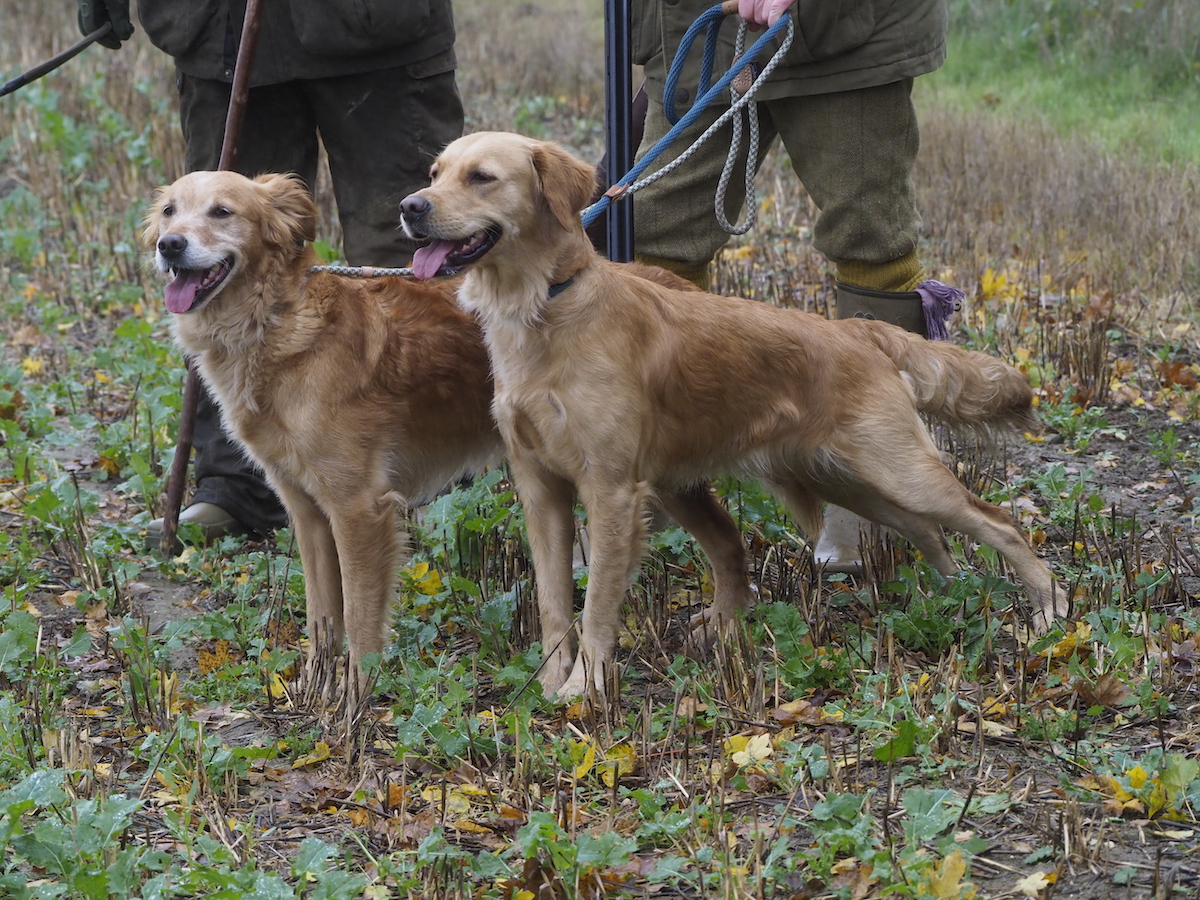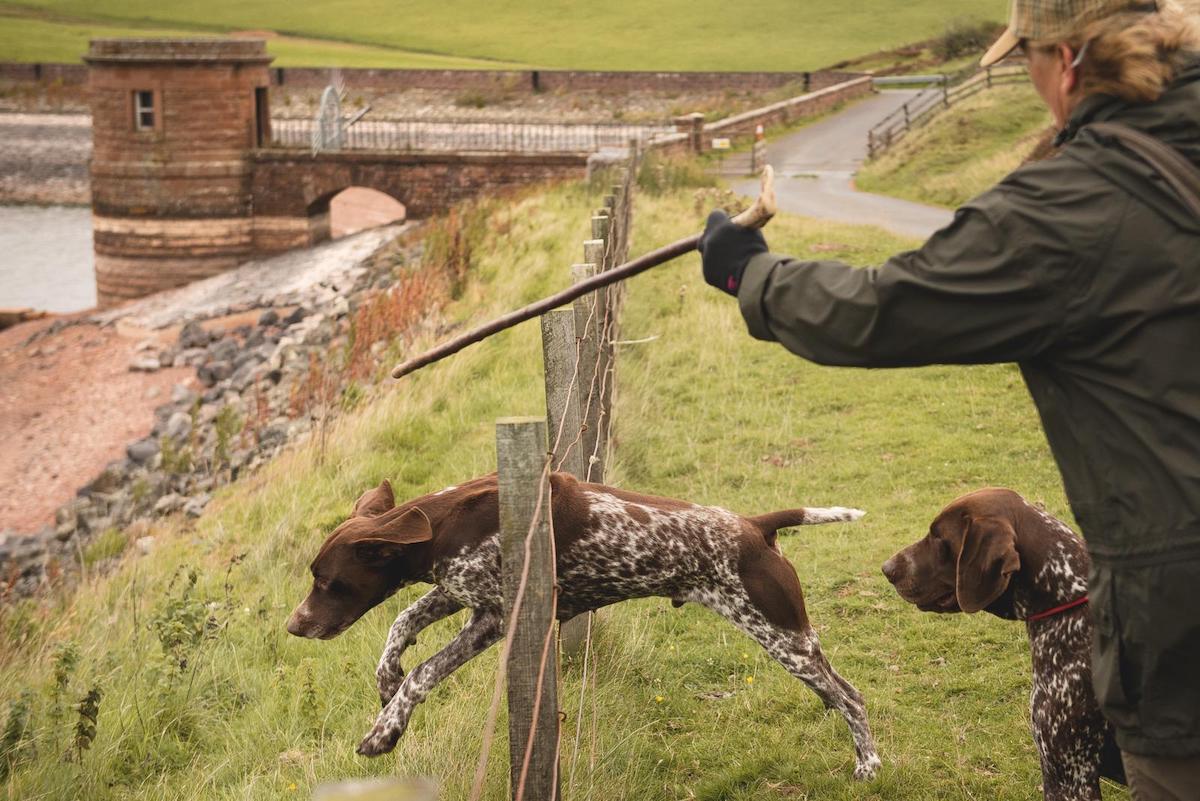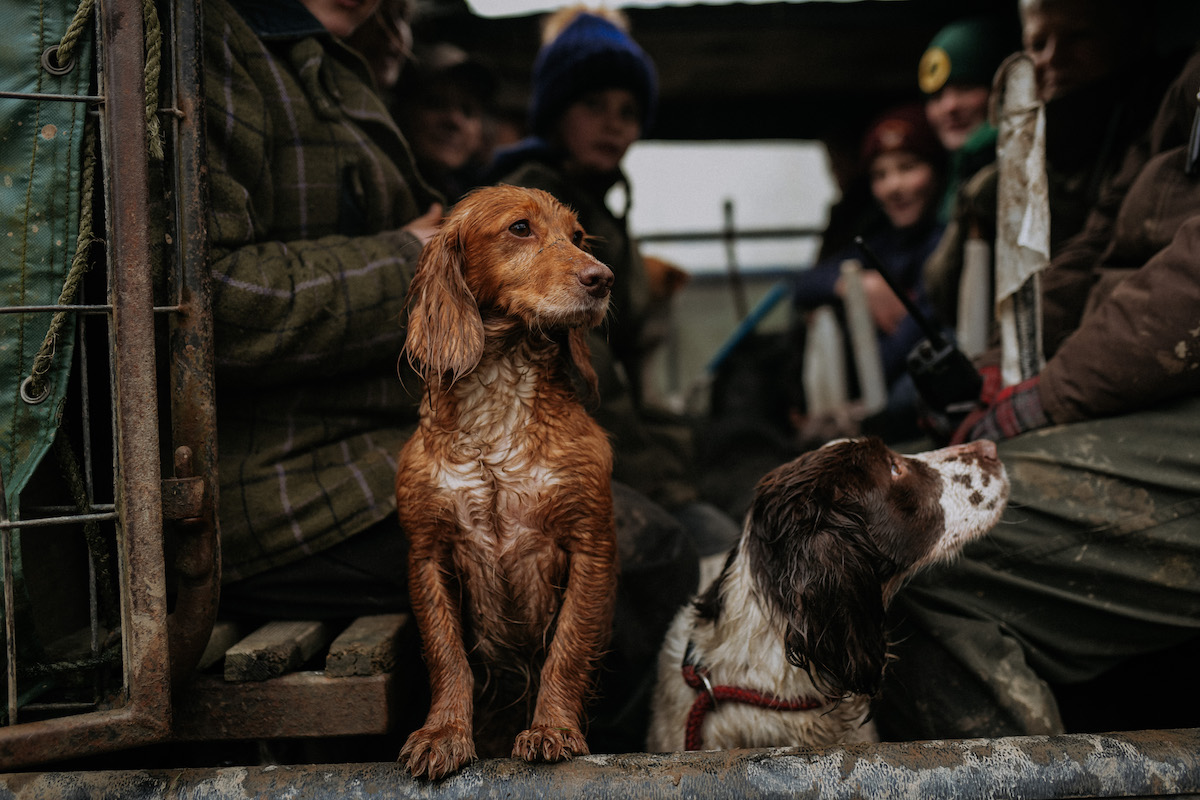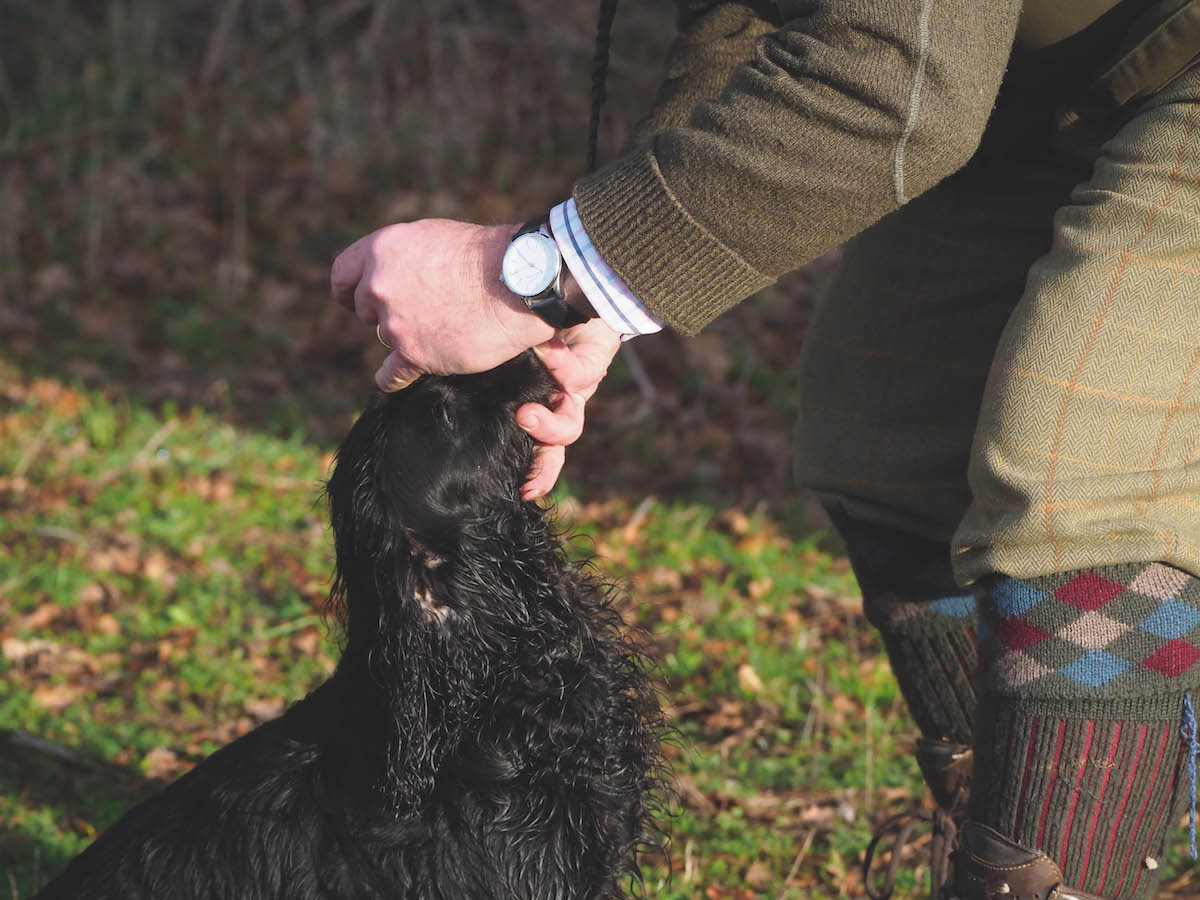Kennel Club DNA testing – cracking the vital code
DNA testing is now available from the Kennel Club and should help stamp out crippling genetic diseases in dogs, says David Tomlinson

The Kennel Club's new DNA testing is expensive for golden retrievers - but could prove to be worth every penny
In recent years, health testing of pedigree dogs — and particularly those used for breeding — has become standard practice. We have long known that selective breeding for certain traits, such as looks or even hunting ability, runs the risk of reducing an animal’s genetic diversity, making it much more vulnerable to hereditary diseases.
The list of these diseases that have been identified in pedigree dogs, including working gundogs, is a depressingly long one. And until relatively recently, each one required a separate test. A responsible breeder, health-checking a stud dog or brood bitch, could easily spend £1,000 or more on tests.
However, a huge amount of research has gone into testing for these hereditary diseases, using a sample of the dog’s DNA. This has led to major developments that are certain to be a major boost in our ongoing battle to defeat them. (Read health checks you must carry out before breeding labradors.)
Last month, the Kennel Club (KC) launched its new Kennel Club DNA testing services, developed to improve and protect dog health and to promote responsible dog breeding. This is hugely significant, because for the first time it provides owners with relatively inexpensive access to the most important genetic health tests. It also means that there’s no need to carry out each test individually, while the results are easy to interpret. The KC is backing up this new test with both breeding and care advice. The new service has been developed in partnership with Weatherbys Scientific. If the name is familiar, it’s because the company has long been associated with the world of horse racing — James Weatherby was appointed by the Jockey Club as its secretary and keeper of the Match Book at Newmarket in 1770.
Today, the group includes Weatherbys Scientific. It was established in 1985, specialising in parentage testing of thoroughbreds using blood-typing technology. In 2000, the technology for parentage verification changed to using DNA markers, and cattle testing was added in 2010. Adding canine DNA testing was a logical next step.
Genetic code
Most of us are familiar with the letters DNA, but I suspect that few of us are aware exactly of what it stands for. Its full name is deoxyribonucleic acid, a two-stranded molecule that contains each creature’s unique genetic code. It holds the instructions for making all the proteins in the body.
It was discovered in 1869, but it was American biologist James Watson and English physicist Francis Crick who, working on the research available at the time, discovered its structure in 1953. The world’s first DNA fingerprint was produced in 1984 by British geneticist Alec Jeffreys: today it has revolutionised our studies and knowledge of inherited diseases.
The Kennel Club emphasises that those who use its new service will be helping to further our understanding of dog genetics and diseases, as the information gathered will contribute to canine genetic research. Importantly, all funds raised by the test will be reinvested into ongoing research and health initiatives.
The test is currently available for 80 breeds, including most of our major gundogs. Though it may be primarily aimed at anyone considering breeding, it’s also available to any owner who wants to know more about their dog’s genetics.

The breed-specific test for the large Munsterlander costs £60 – other tests vary in price depending on the breed of the dog
Kennel Club DNA testing
Testing is simple. Buy a Kennel Club DNA testing kit and you will receive by return a sample collection pack containing the swabs needed to take saliva from your dog’s cheek. Two swabs are provided, though you will probably only need one. You then send the swabs back to the KC, which will email and post to you your dog’s results as soon as they’re ready, which should be around 35 days. They’ll also be automatically uploaded to your dog’s health profile.
The basic price of the service starts at £60 for a breed-specific package. However, for our most popular gundog breeds — labrador, golden retriever, cocker spaniel and English springer spaniel — the cost is £140, but that also includes a DNA profile. The test for the labrador, for example, covers centronuclear myopathy (CNM), progressive retinal atrophy (prcd-PRA), skeletal dysplasia 2 (SD2), Stargardt disease (STGD) and macular corneal dystrophy (MCD).
That for the springer is quite different, covering acral mutilation syndrome (AMS), fucosidosis (Fuco), phosphofructokinase deficiency (PFK) and progressive retinal atrophy (PRA cord1).
Unregistered dogs
I asked the KC’s Helena Byrne Stevens whether unregistered dogs can be tested. Encouragingly, the reply was yes. “The service will certainly be available for unregistered dogs — we just won’t be able to record the results on our website,” she said. “When ordering, owners will need to enter their dog’s pet name when prompted for the Kennel Club registered name, and ‘N/A’ when prompted for the Kennel Club registered number.
“The DNA profile/parentage verification can be performed on any dog — pedigree or cross-breed. However, at this stage, the breed-specific packages, which check DNA for markers associated with different inherited breed-relevant disorders, are available for pedigrees only.”
There’s no doubt that DNA testing, coupled with responsible breeding, is enormously effective in reducing the frequency of gene mutations that cause hereditary diseases. These new tests are a welcome and extremely valuable development, while their affordability makes them an essential tool for anyone planning to breed from their dog.








